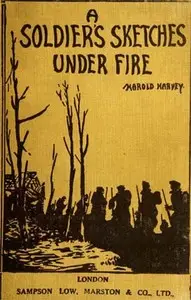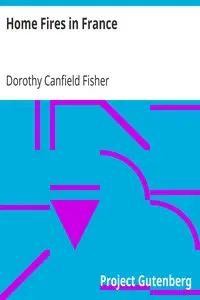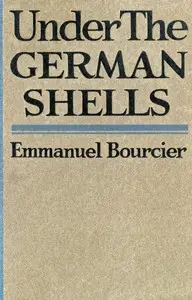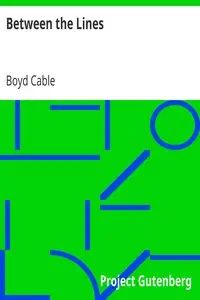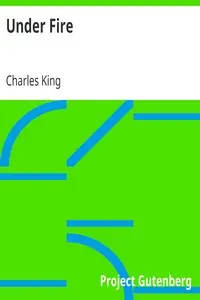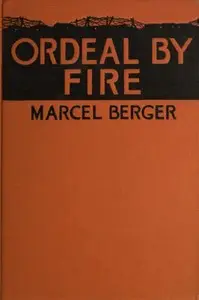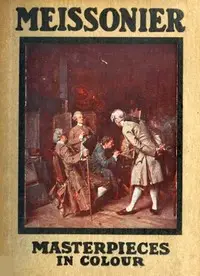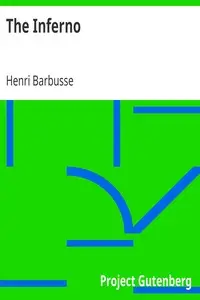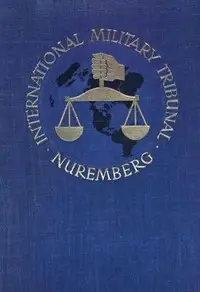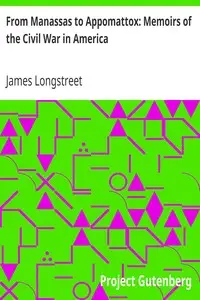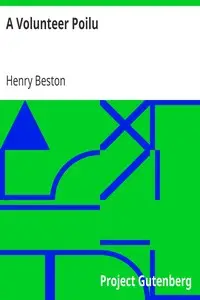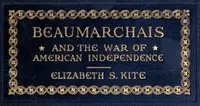"Under Fire: The Story of a Squad" by Henri Barbusse is a moving story that explores World War I through the eyes of soldiers on the front lines. Set in the early 1900s, the book paints a harsh picture of the battlefield, where soldiers from different walks of life form strong relationships as they struggle to stay alive. Beginning with wounded soldiers reflecting on the start of the war in a hospital, the story moves to the muddy trenches, introducing a variety of characters and focuses on their daily lives filled with anticipation, dread, and an underlying hope of making it through alive. The novel uses strong images and heartfelt conversations to show the constant fear and destruction that these men face as they attempt to survive a violent and chaotic battle.
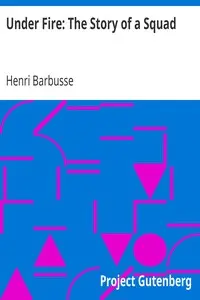
Under Fire: The Story of a Squad
By Henri Barbusse
In a world torn apart, experience the relentless struggle and shared bonds of soldiers as they confront the grim realities of war, fighting for survival in a landscape consumed by violence and despair.
Summary
About the AuthorHenri Barbusse was a French novelist, short story writer, journalist, poet and political activist. He began his literary career in the 1890s as a Symbolist poet and continued as a neo-Naturalist novelist; in 1916, he published Under Fire, a novel about World War I based on his experience which is described as one of the earliest works of the Lost Generation movement or as the work which started it; the novel had a major impact on the later writers of the movement, namely on Ernest Hemingway and Erich Maria Remarque.
Barbusse is considered one of the important French writers of 1910–1939 who mingled the war memories with moral and political meditations.
Henri Barbusse was a French novelist, short story writer, journalist, poet and political activist. He began his literary career in the 1890s as a Symbolist poet and continued as a neo-Naturalist novelist; in 1916, he published Under Fire, a novel about World War I based on his experience which is described as one of the earliest works of the Lost Generation movement or as the work which started it; the novel had a major impact on the later writers of the movement, namely on Ernest Hemingway and Erich Maria Remarque. Barbusse is considered one of the important French writers of 1910–1939 who mingled the war memories with moral and political meditations.


